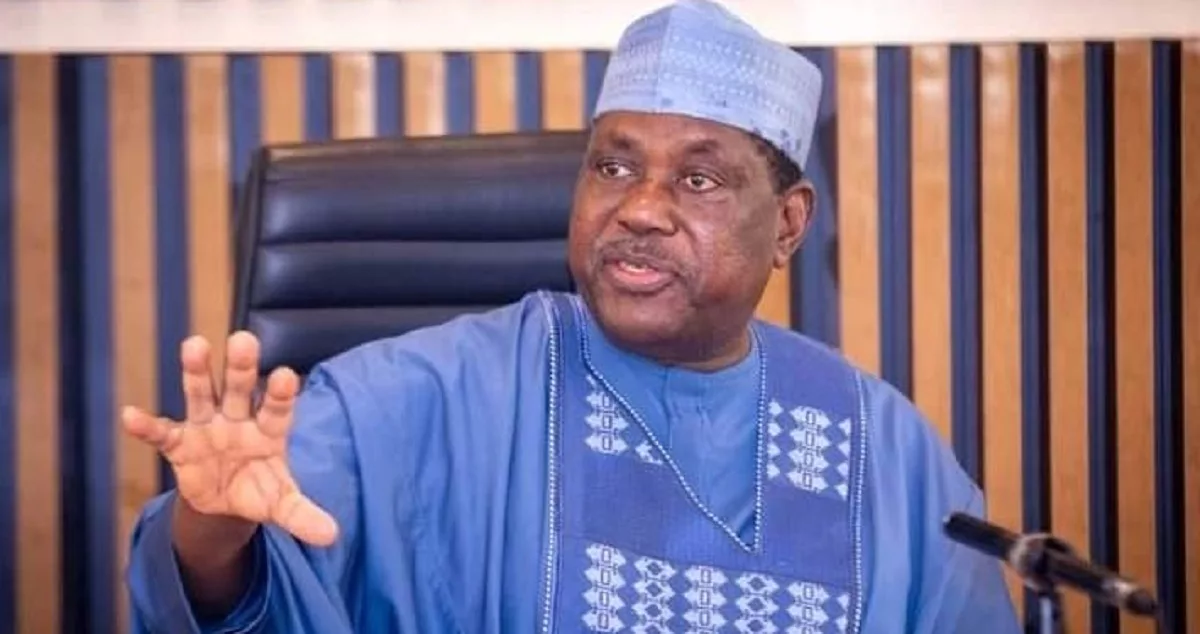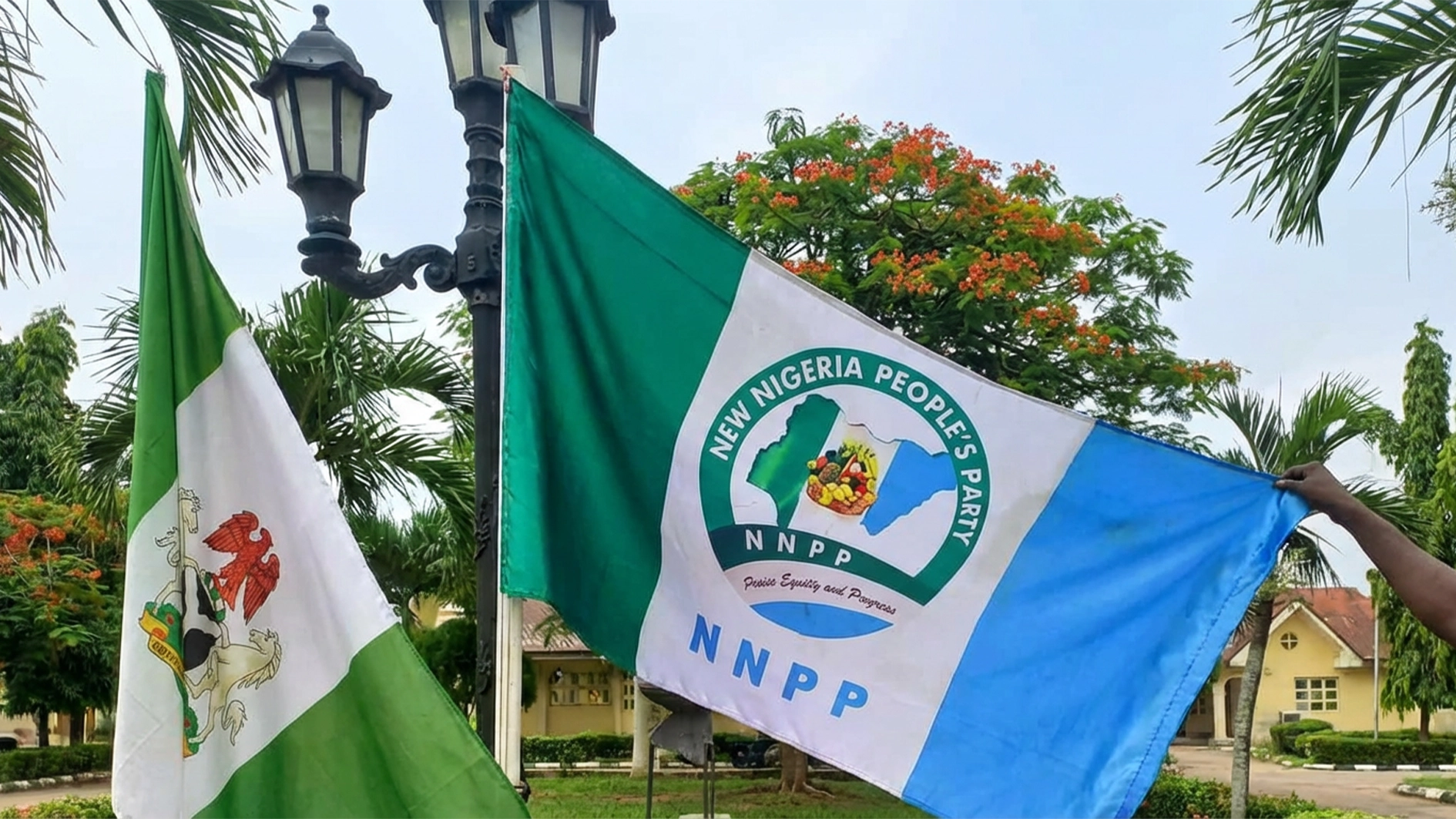
• Dilemma on crashed inflation rate as policymakers meet
Chief Executive Officer (CEO), Centre for the Promotion of Private Enterprise (CPPE), Dr Muda Yusuf, has called on the Monetary Policy Committee (MPC) of the Central Bank of Nigeria (CBN) to halt further increases in interest rates.
The higher-than-expected fall in Nigeria’s inflation rate has presented a “dilemma” for the monetary policymakers, who will be meeting for the first time in the year, today, after rebasing exercise cuts spiralling prices by about 10 per cent.
Yusuf noted that pausing interest rate hikes would provide an opportunity for fiscal policy measures to address inflation and provide a lifeline for businesses.
Similarly, the Managing Director and CEO of Coleman Wires and Cables Industries Limited, George Onafowokan, expressed optimism that the MPC would likely maintain current interest rates at its coming meeting. He said while a slight reduction of 0.25 per cent might be possible, the MPC is expected to focus on maintaining stability rather than making drastic changes.
According to him, the economy is already struggling with high interest rates and the impact of a 27.5 per cent Monetary Policy Rate (MPR) translates to commercial interest rates ranging between 35 per cent and 38 per cent, which is completely unsustainable for businesses and the economy in general.
He explained that businesses face the challenge of servicing expensive loans, where borrowing N1,000 requires generating over N350 to N380 just to cover interest costs, without considering profit or operational expenses. He emphasised the need for policies that stabilise the economy to gradually reduce inflation, which would then allow for a decline in interest rates over time.
The 299th MPC meeting of the CBN kicked off yesterday and will end today. Yusuf said additional interest rate hikes would have adverse effects on the manufacturing and real sectors.
While expressing optimism about a hold on rates, both of the MPR and Cash Reserve Ratio (CRR), he prefers to see a relaxing of some of the tightening measures, adding that it is time to pause the hikes and allow fiscal policy measures to tackle inflation.
Highlighting that a significant portion of inflation is driven by supply-side issues, particularly energy, production and import costs, he stressed the important role of fiscal authorities in moderating costs, as the present interest rate was hindering investments, job creation and entrepreneurship.
He also emphasised the need to enhance fiscal policy interventions, particularly regarding energy, import and transportation costs, which are closely linked to energy costs.
Reacting to the government’s directive to the Nigeria Customs Service (NCS) to increase revenue generation, he warned against using Customs solely as a revenue-generation tool. He pointed out that excessive tariffs and import duties only serve to stifle businesses by raising production costs, ultimately leading to higher consumer prices. Instead, he called for a balanced approach that ensures that Customs policies support industrial growth while maintaining fiscal discipline.
NBS announced, yesterday, that the country’s Consumer Price Index (CPI) had fallen to 24.48 per cent in January up from 34.48 per cent last December, clouding the position of the MPC that hiked rates six times to 27.50 per cent last year to combat rising prices.Analysts at FBNQuest Capital expect the MPC to hold rates steady, given the decline in inflation, which is the most watched item and a core mandate of the CBN.
“The sharp drop in headline inflation presents a dilemma for monetary authorities, as it shifts real interest rates from negative to positive,” the analysts noted, yesterday. “Given this development, we expect the MPC to pause its tightening cycle at its next meeting on February 19 and 20, 2025, to assess the future trajectory of inflation before making further policy adjustments.
Some analysts still maintain that the CBN will be more “cautious” of the inflationary pressures of the recent tariff hikes and may raise rates by a quarter basis points to avert another spike in prices.
“The government has embarked on some increased measures on tariffs – telecoms, electricity and ports – that may stoke prices, and the CBN is well aware of the seeming impact,” a Lagos-based financial analyst said.






